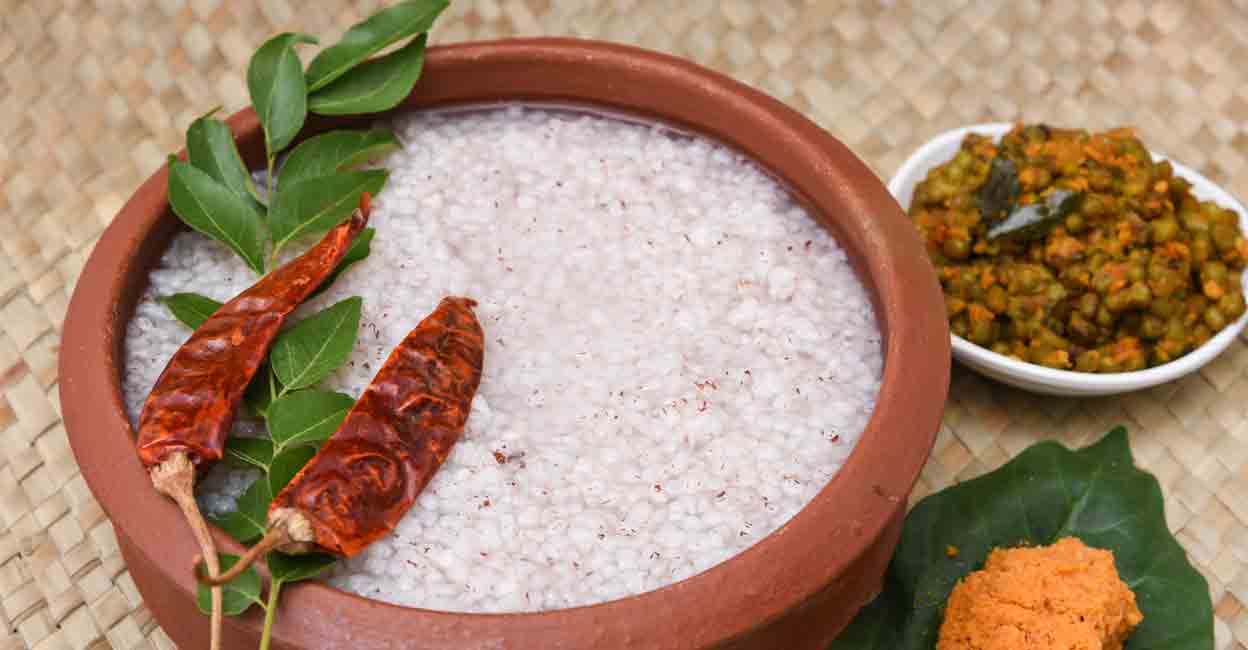Best foods to eat when you have a fever

Mail This Article
When dealing with a fever, it's important to stay hydrated and eat foods that are gentle on the stomach, easy to digest, and packed with nutrients to support your immune system. Here are some of the best foods to eat when you have a fever:
Rice gruel (kanji)
Rice gruel, known as kanji in South India, is a thin rice porridge cooked with plenty of water. It's hydrating, easy to digest, and provides energy and essential nutrients.

Water
Staying hydrated is crucial. Drink plenty of water throughout the day.
Coconut water
Coconut water is naturally hydrating and rich in electrolytes, making it an excellent choice to replenish fluids and prevent dehydration during a fever.
Ginger tea
Ginger tea is known for its anti-inflammatory and immune-boosting properties. It helps soothe sore throat, alleviate congestion, and provides warmth and comfort.

Rice water
Rice water, the starchy water left over after cooking rice, is hydrating and easy to digest. It helps replenish fluids and provides a source of energy.
Broths and soups
Chicken soup: Chicken soup is hydrating and nutritious. It provides fluids, electrolytes, and protein. The warmth can help soothe a sore throat and congestion.
Vegetable broth: Rich in vitamins and minerals, vegetable broth is easy to digest and can help keep you hydrated.
Vegetable clear soup: A clear soup made with vegetables like carrots, beans, and spinach is hydrating and provides vitamins and minerals. It's light on the stomach and helps in maintaining hydration levels.
Soft, cooked vegetables
Soft, cooked vegetables like carrots, bottle gourd (lauki), and pumpkin are easy to digest and provide vitamins and minerals necessary for supporting the immune system.
Plain rice
White rice is bland and easy to digest, making it a good option when you're feeling nauseous.

Bananas
Bananas are gentle on the stomach, provide quick energy, and contain potassium which helps replenish electrolytes.
When you have a fever, it’s best to avoid heavy, greasy, or highly seasoned foods as they can be harder to digest and may exacerbate nausea or discomfort. Focus on light, nutrient-dense, and hydrating options to support your recovery.

